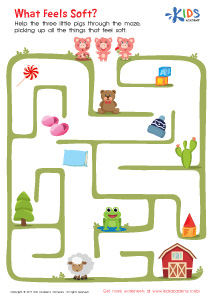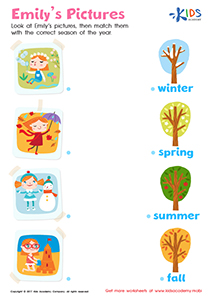Vocabulary expansion Extra Challenge Science Worksheets for Ages 3-6
3 filtered results
-
From - To
Unlock the wonders of science and language with our "Vocabulary Expansion Extra Challenge Science Worksheets" designed for curious minds ages 3-6! These engaging worksheets encourage young learners to explore science concepts while boosting their vocabulary skills. Vibrantly illustrated and thoughtfully crafted, each activity provides an extra challenge to stimulate early learners' cognitive and linguistic abilities. From learning about animals and plants to understanding basic physics and weather, these worksheets make science exciting and accessible. Ideal for parents and teachers aiming to enhance their child's educational journey. Start expanding your child's vocabulary and love for science today!
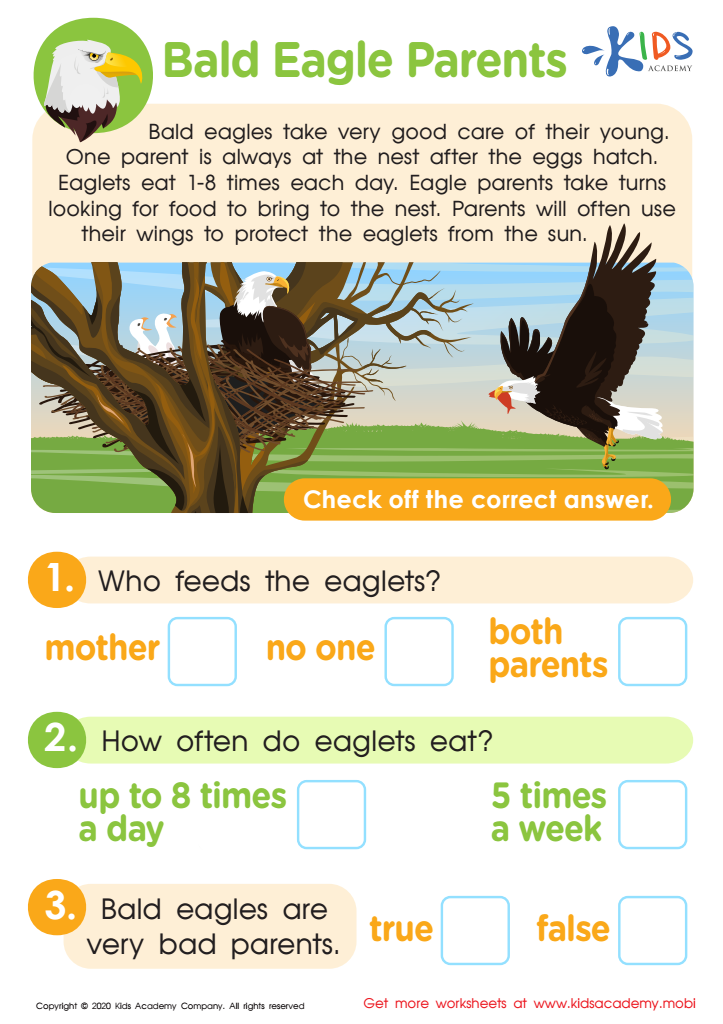

Bald Eagle Parents Worksheet
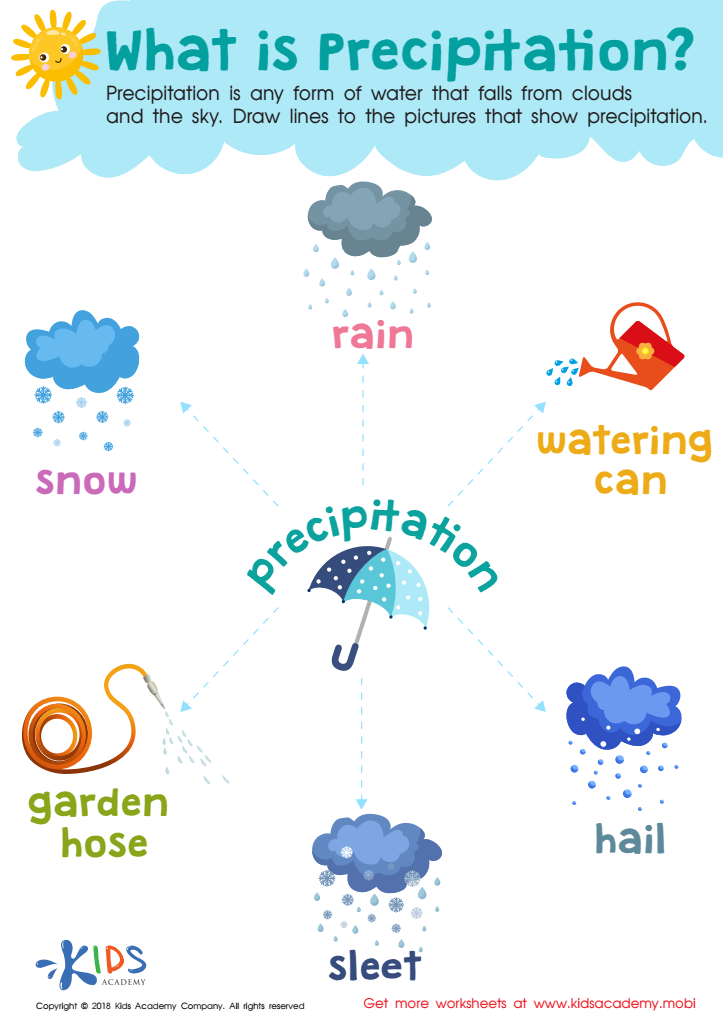

What Is Precipitation? Worksheet
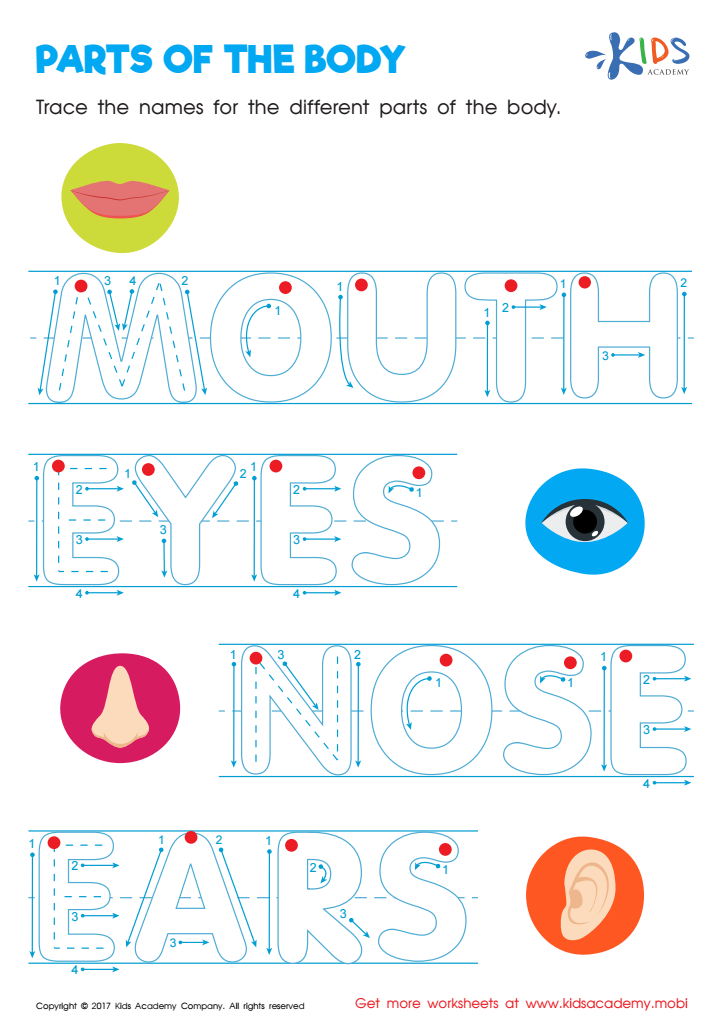

Vocabulary expansion is crucial for young children, especially within the vibrant context of Extra Challenge Science activities. At ages 3-6, kids are in a prime developmental stage where their brains are like sponges, eagerly absorbing new information and words. This period lays the foundational language skills that are essential for future academic success and everyday communication.
Introducing scientific vocabulary early equips children with the language they need to explore and understand their world more deeply. Words related to observations, experiments, and nature spur curiosity and cognitive development. When young learners grasp terms like "experiment," "observe," or “environment,” they are not just learning words; they are also learning concepts and thinking skills. They become more adept at asking questions, making connections, and seeking answers, driving their natural inquisitiveness.
Moreover, scientific vocabulary can boost literacy and comprehension. Children will encounter more complex texts in later years, and a rich vocabulary will make these texts less intimidating and more accessible. This early exposure reduces barriers to STEM fields later on, by demystifying the jargon often associated with science.
Teachers and parents should invest in vocabulary expansion focused on science because it promotes language development, critical thinking, and a love for learning, setting children on a path toward lifelong educational success.

 Assign to My Students
Assign to My Students













